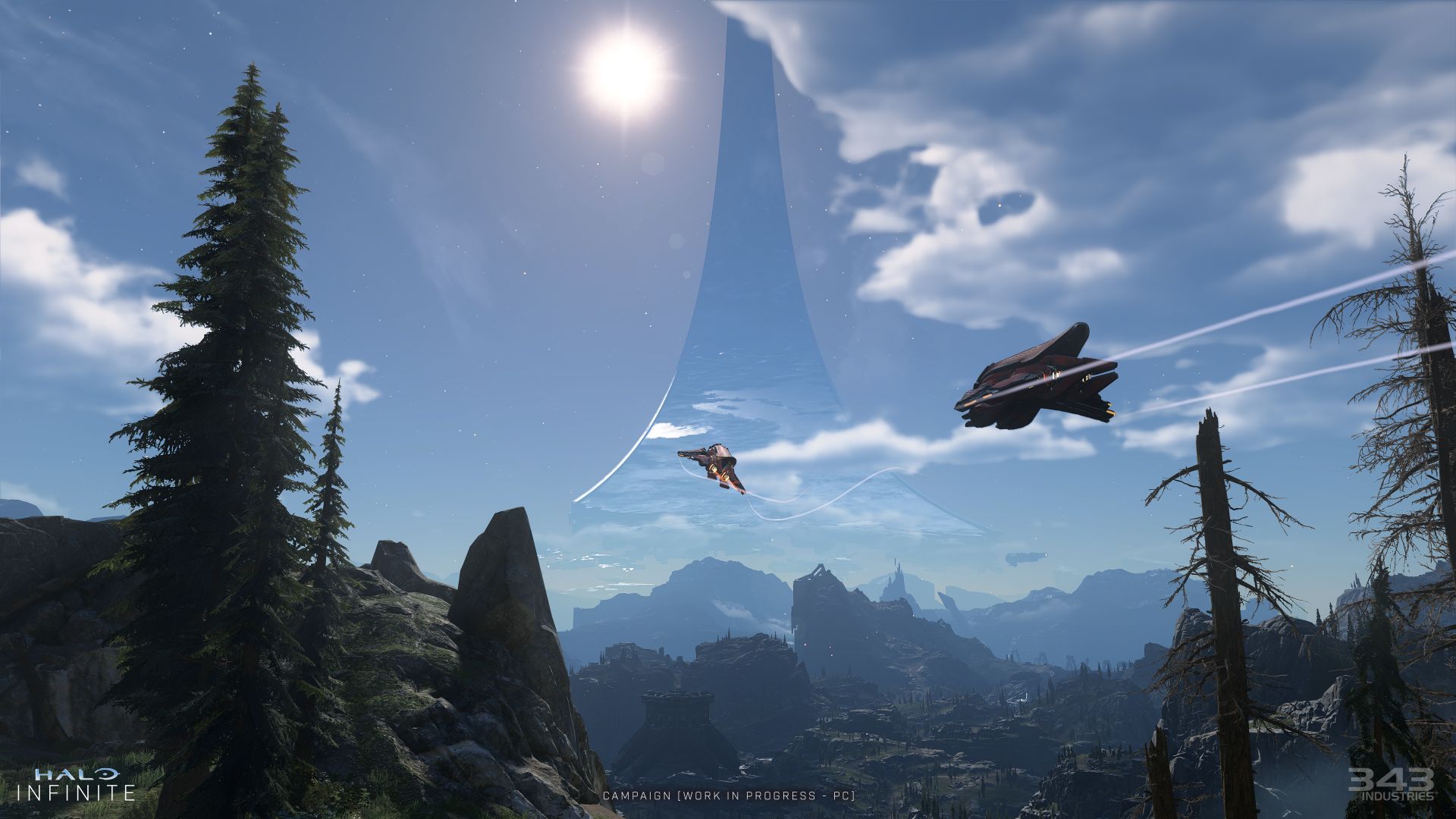
Gaming is in an interesting place right now. Now only are genres changing, developers merging through massive buyouts, and a far wider range of tastes being catered to than ever before, but we’re also in the middle of a revolution of how we consume games. Both in terms of how we play them and how we buy them. The days of driving to a brick-and-mortar store to buy a brand-new game on a certain day for a certain price and taking that physical version of the game home to your console in order to play it aren’t totally on their way out yet but they’re certainly getting their comeuppance with several other ways to do it that not only cut costs for everyone involved but are also demonstrably more convenient for everyone. It’s true we’ve been downloading games for many years now especially in the PC space, and now we are getting more and more comfortable with the idea of streaming them without ever downloading a single megabyte of information onto our local hardware.
This of course is logically moving us into a new frontier of never really owning games at all, but simply subscribing to services that supply access to those games for as long as we want. The Netflix model is being applied to video games in a couple of different capacities across a few different platforms, and most of these experiments have ended up being a success to one degree or another, but perhaps none of them have seen quite as much instant success and follow through with their customer base as Microsoft’s game pass.
While it’s certainly not perfect and you can absolutely nitpick a few things about it here and there, there is no denying that this incredibly cost-effective way of having access to a large library of games without ever having to buy individual titles or take up valuable shelf space by owning physical copies has taken the gaming market by storm and is forcing other companies like Sony to go back to the drawing board and reevaluate how they do things as well. The idea of gaming being a luxury hobby only accessible to those who can afford to go out and buy $60 or $70 games every time something comes out is getting more antiquated by the day with Game Pass continuing to grow by leaps and bounds every quarter. Microsoft is absolutely killing it with Game Pass.
Thanks to Microsoft’s massive buyout of Bethesda, you can, right now, play Wolfenstein 2, The Evil Within 2, and Fallout 4 on Game Pass, on top of the Smorgasbord of other games that have been available for some time. But on top of that we’re also going to see a lot of this and next year’s most anticipated games available on day one like The Ascent, Back 4 Blood, Halo Infinite, and Psychonauts 2 just to name a few. With Game Pass costing less than half the price of most of its games’ launch prices, it’s a no brainer if you’re interested in playing new modern releases without putting the strain on your wallet that buying them on day one can entail, and with Microsoft’s closest competitor not really having an apples to apples equivalent at the moment, it gives Microsoft a certain amount of freedom to run rampant through the marketplace while Sony and Nintendo scramble to incorporate how it will affect them into their strategies going forward.
That’s not to say Game Pass is going completely unchallenged or that it doesn’t have drawbacks of its own, though. It is true that PlayStation does have two different services that provide a meaningful challenge to Game Pass in multiple ways. For starters, PlayStation plus is likely far more profitable for Sony than Game Pass is for Microsoft, given that they are only paying the publishers of its games for a month of availability while also having nearly 50 million individual subscribers, which is about double the amount of Game Pass subscribers.
People who have had PS+ for a few years now also have far more games in their library than Game Pass subscribers do, assuming they have claimed all of the games that have been made available. So, PS Plus has an edge over Game Pass in terms of value and longevity if viewed through that lens. It’s also true that PlayStation Now is more or less structured the same way as Game Pass and could easily be leveraged in a far more competitive way if Sony were to lower the price on it and put more resources into smoothing over the streaming portion of it. All of that said, neither Nintendo or Steam seem very interested in competing directly with Game Pass, so for now it really just does come down between Sony and Microsoft, which is good news for Microsoft, as they clearly have the wind at their back on this issue.
That aside, by many accounts it’s hard to draw a discernible line from Microsoft’s Game Pass as it currently exists and a clear profit for Microsoft. The amount of money that goes into acquiring the rights for these games, especially when combined with the amount of money it costs to acquire massive companies like Bethesda, is clearly more than the amount of money that game pass is currently bringing in. That said, with Microsoft being one of the world’s largest companies to begin with, that has so many moving parts with their own cost/benefit relationships to one another, it’s hard to say if being profitable in and of itself is even important at all for Game Pass – especially at this early stage in its life.
If there’s any company in gaming that understands the importance of initial investment, delayed gratification, and the cost of customer acquisition – it’s Microsoft. They didn’t get to be one of the world’s most successful companies of all time by resting on their laurels. They’ve been acquiring people, ideas, and other companies of all shapes and sizes for a long time, and it has largely worked out for them in the long run, so logic would certainly point to Microsoft being more focused on a long game with Game Pass more than short-term profitability. If Game Pass can continue to serve as an excuse for gamers to get Xboxes over PlayStations, and thus continue to widen their customer base, which will inevitably lead to more profit for Microsoft in other areas, who’s to say if the initial thin profit margins (or even the occasional loss) even matter? Maybe they don’t at all, especially if the seemingly infinitely deep pockets of Microsoft can help them weather the shock of massive investments early on that Sony is largely unable to do.
No matter how you slice it, Microsoft is absolutely making waves in the right direction with Game Pass and a handful of other decisions that they’ve been making lately with their Xbox brand. Surely Game Pass still needs some work. It could certainly have more games and a wider variety of them, but for now, all things considered, it does seem to be just what the doctor ordered as they continue rehabilitating their image from the last generation and grow into a far more dominant force across multiple territories that looks far more like it did during the Xbox 360 era than anything else.
Note: The views expressed in this article are those of the author and do not necessarily represent the views of, and should not be attributed to, GamingBolt as an organization.
















